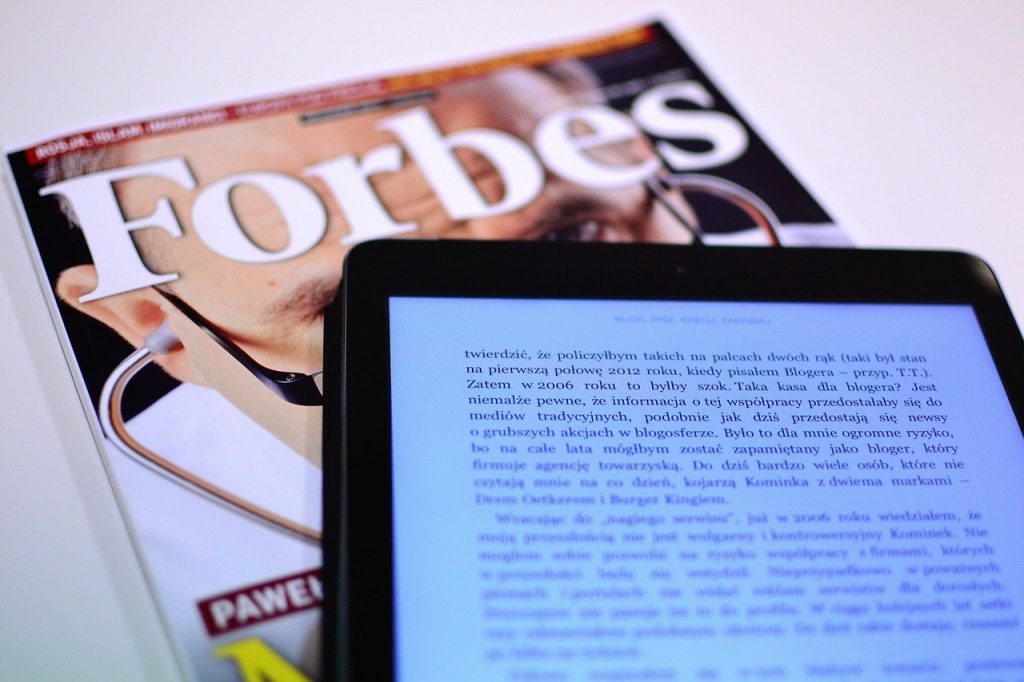
The Isolation Journals is a site that was founded by Suleika Jaouad on the idea that life’s interruptions are invitations to deepen our creative practice. The Isolation Journals sends out free weekly journaling prompts. If you sign up, you will receive one in your inbox every Sunday. The website also contains journal entries from the community and provides the option to submit your work (you can even submit anonymously). Learn more and sign up for a weekly prompt here.







